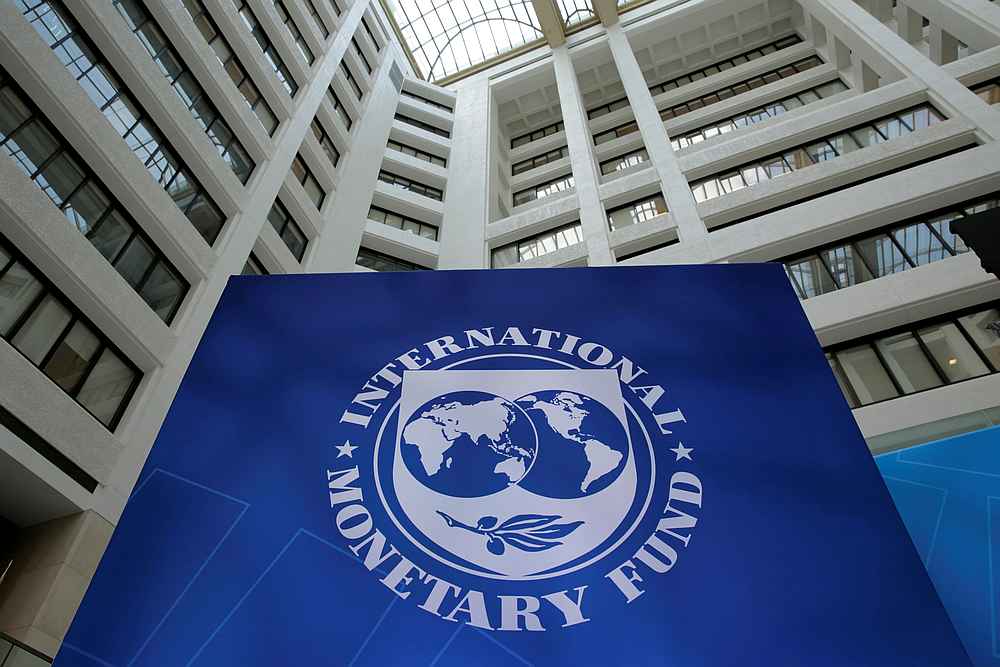NEW YORK, Sept 18 — eKristalina Georgieva is in the hot seat following revelations over her conduct at the World Bank, where she held a senior managment role before being tapped to lead the International Monetary Fund.
An independent investigation released Thursday found Georgieva pressured World Bank staff to change data in the 2017 edition of a closely-watched business favourability ranking to paint China in a more positive light.
It is only the latest scandal to rock the two prestigious international lending organisations, which play a pivotal role in global economic policymaking.
DSK’s sexual assault
In early 2011, then-IMF chief Dominique Strauss-Kahn had been seen as the frontrunner to become president of France. But that changed after he was arrested for attempted rape of a housekeeper at the Sofitel Hotel in New York.
He exited the IMF a few days later amid the scandal, although the criminal charges were later dropped.
The incident followed an earlier internal IMF probe of Strauss-Kahn over whether he abused his office during an extramarital affair in 2008 with IMF economist Piroska Nagy.
An investigation ultimately cleared him of wrongdoing, but found his actions “reflected a serious error of judgement.”
Lagarde and Tapie
Georgieva’s predecessor, Christine Lagarde, was under a cloud during part of her IMF tenure after a French court convicted her of negligence over her failure to challenge a huge government payout to the tycoon Bernard Tapie in 2008, while she was serving as French finance minister.
However, the French court did not punish Lagarde and the IMF board said it retained “full confidence” in her leadership.
She left the IMF in September 2019, and became head of the European Central Bank in November of that year.
Wolfowitz and his companion
When he took over as president of the World Bank in 2005, Paul Wolfowitz disclosed an intimate relationship with Shaha Riza, a veteran employee of the bank. Riza was reassigned to a different role following a review by an ethics board.
But in April 2007, US press revealed that Wolfowitz had personally intervened in the case to boost Riza’s salary. Wolfowitz resigned shortly thereafter.
Kim and the bonuses
After stepping into his role as World Bank president in 2012, Jim Yong Kim presided over an aggressive reform effort, pushing to cut costs and reduce headcount. That angered some staff and opened him up to criticism when the organisation in 2014 gave hefty bonuses to a few senior leaders, including the bank’s chief financial officer.
After being reappointed for a five-year term, Kim shocked the development community by resigning three years early in January 2019, to join a private investment firm.
Stiglitz, Romer and discord
The institutions also have seen upheaval because of heated policy disagreements.
Former World Bank chief economist and Nobel laureate Joseph Stiglitz stepped down in 1999 following a turbulent run that saw him publicly criticise the effect of austerity policies on developing nations.
He said he could not speak freely while serving in the organisation.
Paul Romer, another Nobel laureate who occupied the same role at the World Bank, resigned in January 2018 after he went public with his concerns about the “arbitrary” methodology in the bank’s Doing Business ranking. Those issues are now at the heart of the questions dogging Georgieva.
Romer told AFP he purposely engaged in insubordination to get himself fired after trying and failing to convince bank leadership to fix the problems with the report. — AFP






















